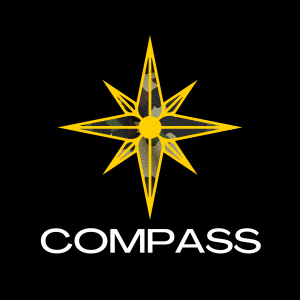
How do we bridge the distances between veterans of war and the people in whose name they have served? The COMPASS Circle also included civilians who made a particular kind of commitment: to listen deeply, to develop solidarity with the veterans, and when the stories got difficult, not to run away, but remain. Ultimately the veterans and civilians together would process the stories the veterans shared. The deep ramifications of war were dealt with in a way that people in civilian life were not used to, which was very hopeful.
In this episode, Glen wanted to explore Scott’s war experiences as a noncombatant in two war zones. Serving as a Witness for Peace volunteer in Nicaragua and as a United Church of Christ mission partner in El Salvador, Scott has always identified with civilians in the realities of war. Glen and Scott reflect on the ways that our war experiences have changed each of us. We also explore privilege as a barrier to understanding: claiming for ourselves things that other people don’t have and can’t have. There may be a distinct difference between “defending freedom” and defending privilege. Dealing honestly with the multiple impacts of war reframes everything.
No comments yet. Be the first to say something!